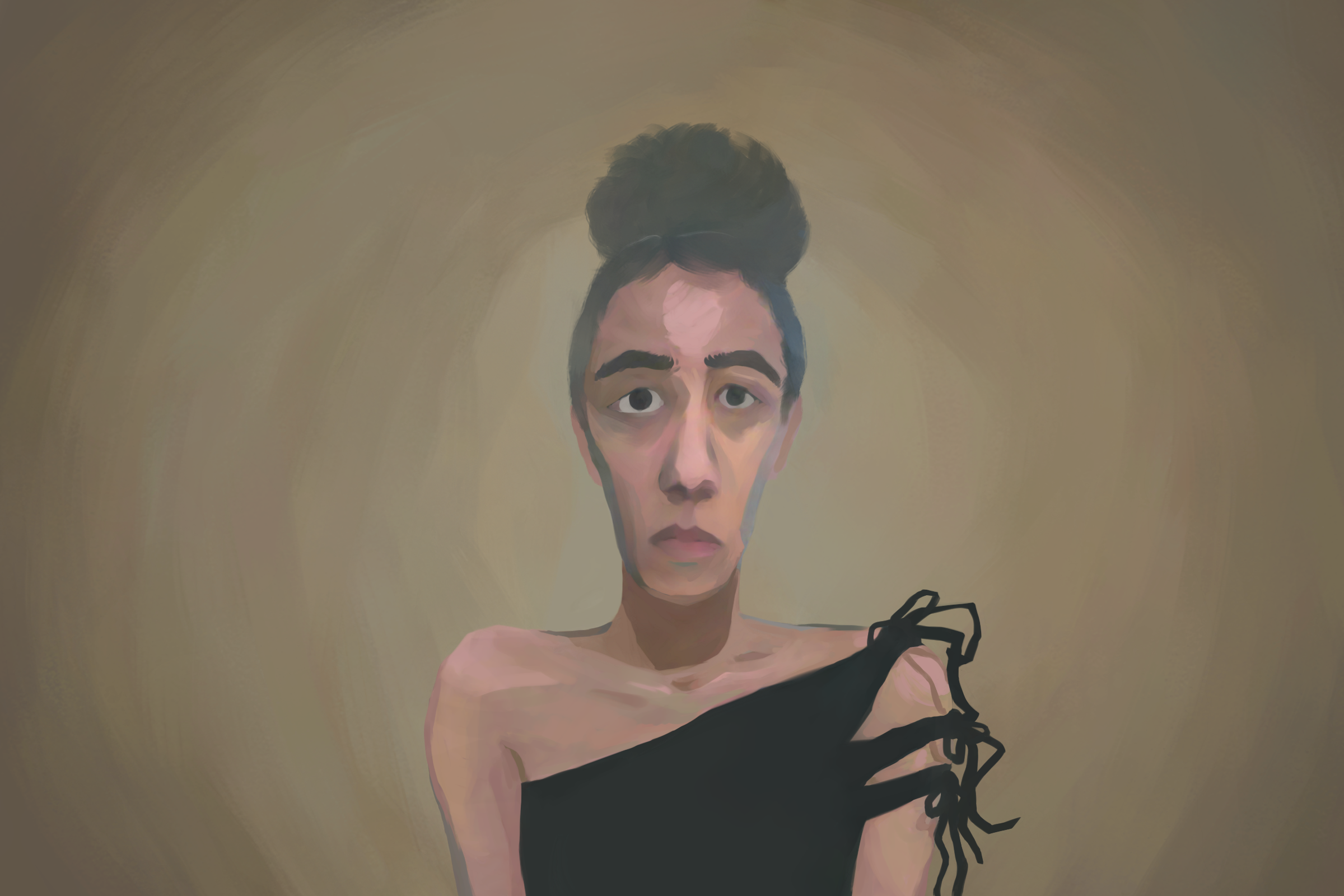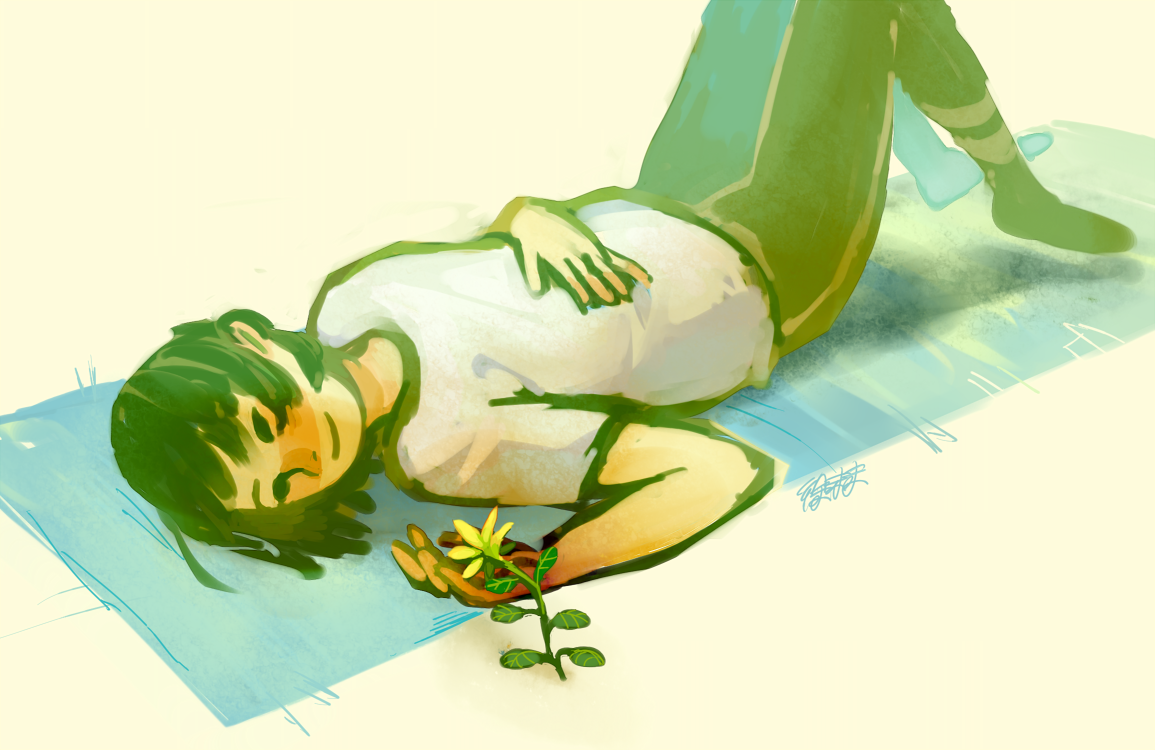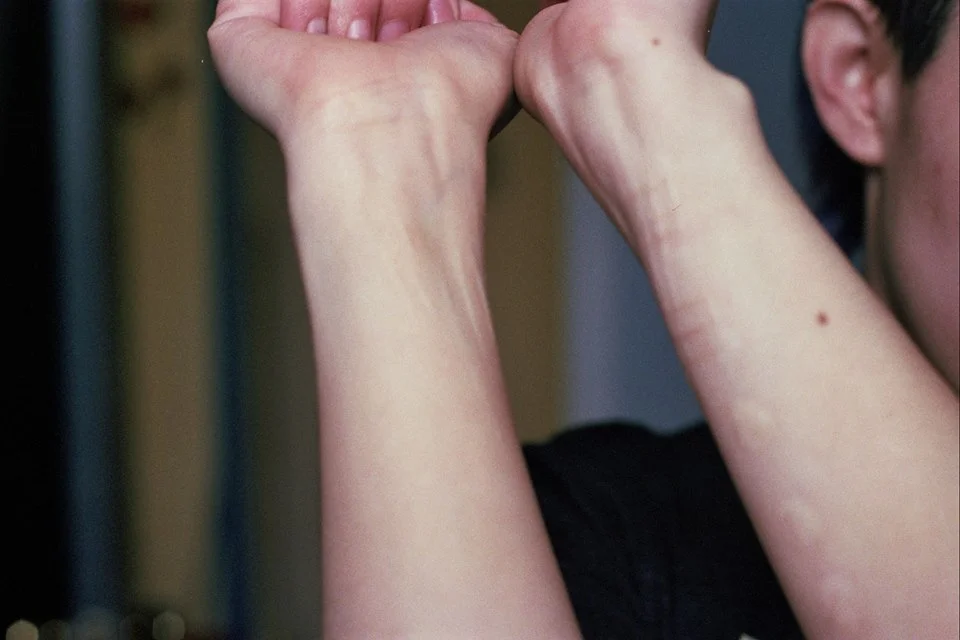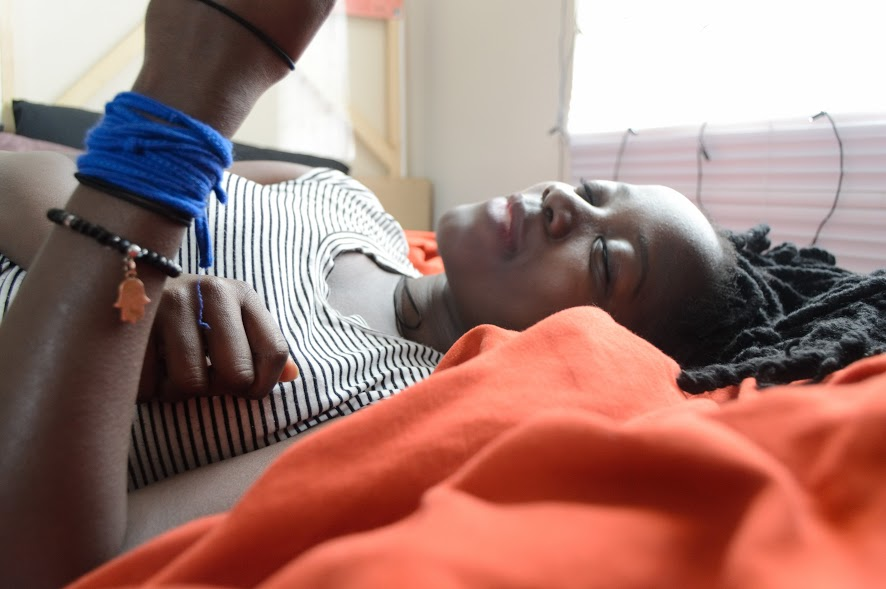Photo by Axel Alien8g
Self-care is in danger of gradually meaning nothing. The phrase has been picked up by capitalistic structures and has become related to indulgence, rather than radical care. Think of the images or descriptions of self-care you’ve encountered recently and they’ll likely involve bubble baths, wine, candles or something else that can be bought or commodified. And don’t get me wrong, I like most of those things. But they’re not a curative for anything except perhaps stiff muscles or sobriety.
In this way, our society has done self-care a disservice, because we’ve made it smaller than it has the potential to be. In trying to define and commodify it, the dominant culture has forced self-care to exist in a smaller space than it might otherwise inhabit. This isn’t a new phenomenon. Corporations have co-opted movements and radical thought for decades. And marginalized people have pushed back.
Self-care doesn’t come from this capitalistic root. It’s based in the idea that there is nothing shameful in our needs and wants. That people are allowed to care for ourselves without guilt. And that caring for ourselves is critically important.
There is nothing wrong with having needs.
Entrenched within our society is the idea that individuals should deny themselves based on capitalism, white supremacy, sexism, ableism, pride, etc. It’s a cultural concept, which makes it an idea, a uchangeable thing. We don’t have to live like this. I refuse to live like this.
It Takes a Community to Prevent Burnout
Here’s a thought experiment. What would you do if you had 5 extra hours a week? Just one hour extra each day shifted away from work. What would you prioritize? What could you accomplish?
Now imagine if every single person in your community had 5 extra hours a week – one hour from every weekday for self-care and community care. What could happen? Maybe that neighborhood garden would get more participants. Maybe someone would run a communal food pantry or have time to coach the local sports team. Maybe we’d have time to help kids with homework or listen to our loved ones more deeply.
Maybe people could just live. Rest, regenerate, and care for themselves without that underlying cancer under their skin that says they are somehow stealing from their community or someone else by caring for themselves.
Who could we be as a culture, as a community, with a little bit of time? What values could be personify and adopt? I think we’d be better people, because our best selves need love and time to flourish. We can’t be our best selves when we are strapped, just as a plant that needs sun can’t thrive in the shade. We all need different things, but whatever they are, our needs must be met for us to flourish.
However, some people don’t have community, and that can be a barrier to self-care. Some people’s access to community is limited by ableism within the world. Or their own needs conflict with engaging in certain aspects of community as social norms dictate now. So as we dream of ways to change our world by embodying a more radical self-care and community care, let’s make sure that we don’t leave members of our community or those who could be part of our community behind.
Creating Environments of Care
With that in mind, I propose a cultural shift. Keeping in mind that some of those extra hours are controlled by our jobs and bosses who have a vested interest in us working for free, I want you to join me in an experiment.
Rather than trying to find new ways to self-care or encourage corporations to care about us as anything other than cogs in a machine, let’s shift how we view care and self. Because the self still has to live here. The self has to exist in a world that hasn’t been made to care for it.
The self has to keep their job(s), feed their body, deal with the racism, sexism and ableism embedded into wherever they work, and not check out too far.
Let’s craft and refine counterculture based on the idea that we as individuals and collectives have value. Our happiness has value. Our joy has value. Our wants are not trivial.
What does it look like to try out and model the boundaries that could help ourselves and others?
This 24/7 work culture isn’t ending overnight, but we could try to structure our day to answer emails at one time, instead of all the time on our phones. Perhaps, outside of working hours, we try not to send anything that our colleagues would have to deal with unless its an emergency. It’s even possible to schedule emails to send later so as not to disrupt someone else’s evening.
Let’s move beyond our work environments.
How about families? Could we find ways to include elders in our communities more? Elders used to have a vital role in caring for and being a part of communities, but with so many in nursing homes or care facilities, they may be more isolated from finding opportunities to contribute. Could they craft things for vulnerable people in our communities? Could they help care for children and also have their own needs met? How could they share their wisdom in a new and vital way?
And let’s not forget the valuable contributions of children. Could we enlarge their scope of participation in their communities? Could they help with the community garden or develop their own projects to give them stake in our communities? The possibilities seem endless when I shift my thinking this way.
I’m not saying that we have to move children and elders into a system of productivity in order to save our communities. When giving back to others, it doesn’t mean that we have to take from ourselves. Giving has a cost, but it also can have a benefit.
For example, elders have an immense amount of perspective and wisdom that everyone in community can benefit from. But they also need interaction to keep them stimulated and involved with the world, especially now when they are isolated from greater community by society’s choices on how to care for the elderly.
Children have an immense ability to cause us to rethink the way we’ve structured our world and to question what we have always thought to be so. But they also need our guidance in helping navigate a world that may seem confusing to them and illogical or wrong. As our societies have begun to operate as if people are only caretakers or being cared for – never both – we’ve left people behind or kept them in boxes. But with a shift of thinking, we can free ourselves and others from those boxes and create a more interdependent society in which everyone receives care.
Self-Care Isn’t Selfish
When we see our interactions and our strengths as ways to give to each other, as a flow back and forth, it’s easier to see how self-care and community care are naturally intertwined. We move the nexus of self-care to the community and spread our relative wealth out. Like a microloan or a community bank, we can take what is too small to support one individual and enlarge the potential impact by pooling our collective resources. We begin to work on trusting each other in slow, small ways.
Building community trust is a process, and there will be bumps. But investing in community will be a great deal better than the small-level hoarding we’re doing now to survive. I’m talking about the tiny miserly ways we sometimes resort to when there’s not enough time, money, love, energy, etc. This happens when we pray for someone to cancel a get-together because we are too tired to participate or when we can’t stand looking at another gofundme because we are just too tapped financially or emotionally. Even though those choices make sense in terms of short-term survival, they also reveal the toll that our society is taking on us and how it impacts our ability to be present for others and ourselves. Showing up for community wouldn’t feel so draining if our communities were better at caring for all people.
Worst of all, sometimes we decide that people are choosing their circumstances instead of acknowledging the societal structures that have caused their struggles.
For example, I’ve had moments where I’ve told other folks I worked with they shouldn’t stress themselves out by having a second job. But that doesn’t acknowledge the fact that they’re not working this second job just for fun. They have a need for it. My answers don’t address their needs but rather uphold my desire to feel like I’m helping and useful. Or worse, I’m speaking from my own guilt about financial privilege that allows me to not work multiple jobs or worry about money from a similar place of scarcity.
We let ourselves and each other down when we believe that the community is failing because we are failures, or when we refuse to take care of ourselves as a form of self-blame, rather than seeing that the system has been fundamentally rigged to create the pressure of self-sustaining survival while isolating us from each other. As a result, we’ve all become dependent on systems that do not care for our wellbeing. To find a way out, we have to point a finger at the faulty systems and not at ourselves.
Self-Care Requires Caring for Each Other
When we are part of a community and we care for ourselves, we are also caring for our community. Individualism and collectivism don’t have to be these binary states on other sides of an impossible debate. We can do both, if we blend them.
When I see our communities as valuable and each person as valuable, I think differently about what I choose to do. There are more factors to consider before acting. For example, having someone stay late for a presentation means a cost to their community, not only to themselves.
The cost of time and energy to one person ripples outwards. By imagining how a demand on one person affects their families, their communities, and others who depend on them, we can be kinder to each individual – including ourselves – as a way to be kinder to the world.
In order to make some kind of longlasting, societal change, we have to collaborate on care. One person in an office setting boundaries and taking bubble baths won’t change things. We have to do this together, making time for each person to be cared for even when it means shifting our priorities and deadlines around completely.
We have to change how we as a society think. Self-care is just a bandaid in its current form, and that short-term approach doesn’t change how our society harms us or how we harm each other. Care has to be broader to encompass more than one individual self. We are literally not made to live in isolation. Handling our societal crisis of care one by one is comparable to all of us trying to frantically stick one finger in our piece of the dam rather than work as a team to repair the infrastructure that keeps the water out.
When the need to rest for our resistance becomes collective, rather than individualistic, we will create ways to meet our needs while simultaneously caring for others. We can unite in our needs. And it will be beautiful.
We move into community together. We craft together. We rest together. And we are more than we were apart, by nature of being interdependent.
Like a human chain, we hold each other together and safe. Because when we are not alone, we can be more. We can rest together. We can love each other. And we can better love and care for ourselves.
We need community support to continue publishing!
Articles and artwork like these are only possible through your contributions. Please donate today to sustain the wellbeing of artists, writers, healers, and LGBTQ2IA+ people of color.
You can also support our team by picking up
a Rest for Resistance print zine.
Image description:
Six trans and gender non-conforming people of color are standing together outside. They are on a concrete path with an arching tunnel in the background. Each person is wearing apparel from Rest for Resistance, including shirts, tank tops, and hoodies.
About Axel:
Axel is a Singaporean-American photographer and designer based in Brooklyn, NY. You can find their work on Instagram at @alien8g.
About Shivani Seth:
Shivani is a queer 2nd generation Punjabi American living in the Midwest. Her work includes queer and diverse fiction, teaching allyship, combating mental health stigma in POC spaces and living in recovery. Her writing, updates and other ramblings can be seen on Twitter, Facebook and Medium.























